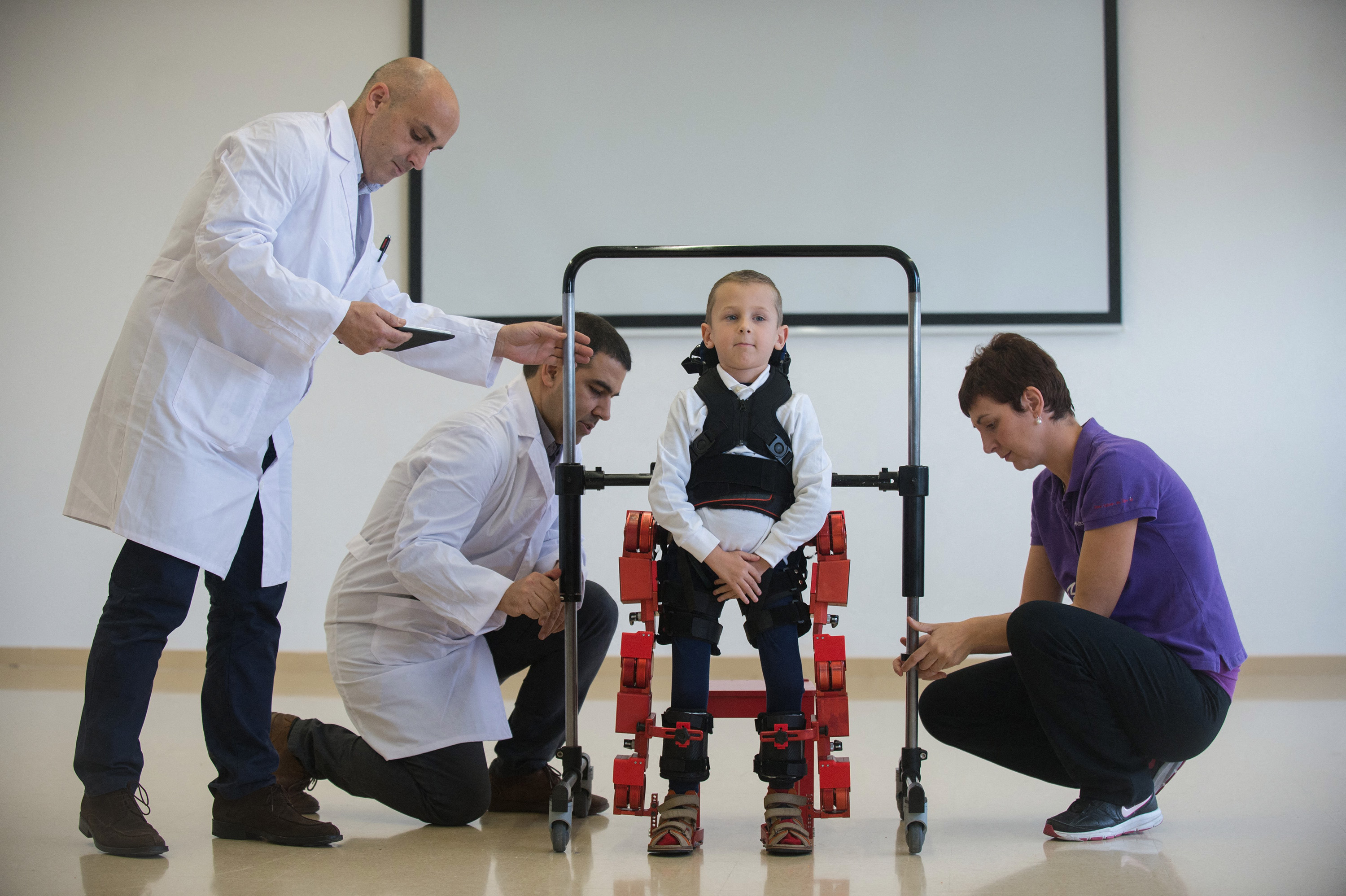
WHO members approve global climate plan

The members of the World Health Organisation (WHO) are extending the industry’s efforts to combat climate change. On Tuesday in Geneva, they validated a global plan to strengthen industry’s initiatives to limit the effects on health.
+Get the most important news from Switzerland in your inbox
The discussions at the World Health Assembly were more complicated than expected. Last year, countries gave the secretariat a broad mandate to prepare this global plan.
However, hours of debate failed to reach a conclusion on Monday, extending the discussion into committee on Tuesday, where it continued for several more hours. Supported by Russia, Saudi Arabia had asked for the plan to be postponed until 2026.
The group of Eastern Mediterranean countries, of which Riyadh is a member, then formalised an amendment along these lines, which was rejected by 86 votes to 23, with 11 abstentions. The plan was then approved by 109 votes to none, with 19 abstentions.

More
Rare diseases take centre stage at global health summit
Moscow considered that the plan, which will be funded by more than $167 million (CHF138 million) over the next two and a half years, was too expensive and redundant. Dozens of States retorted that there should be no procrastination and that initiatives should be accelerated.
The plan is not binding. Among the main advances, it should help vulnerable countries gain access to climate financing to make their healthcare systems more robust.
It should also bring together those working in the health sector with those working in industries responsible for many of the consequences of air pollution. Health issues must also be more closely involved in national and international climate discussions. Tens of thousands of health centres around the world should also rely on renewable and sustainable energy, according to the plan.
Translated from German by DeepL/jdp
We select the most relevant news for an international audience and use automatic translation tools to translate them into English. A journalist then reviews the translation for clarity and accuracy before publication.
Providing you with automatically translated news gives us the time to write more in-depth articles. The news stories we select have been written and carefully fact-checked by an external editorial team from news agencies such as Bloomberg or Keystone.
If you have any questions about how we work, write to us at english@swissinfo.ch

In compliance with the JTI standards
More: SWI swissinfo.ch certified by the Journalism Trust Initiative




























You can find an overview of ongoing debates with our journalists here . Please join us!
If you want to start a conversation about a topic raised in this article or want to report factual errors, email us at english@swissinfo.ch.